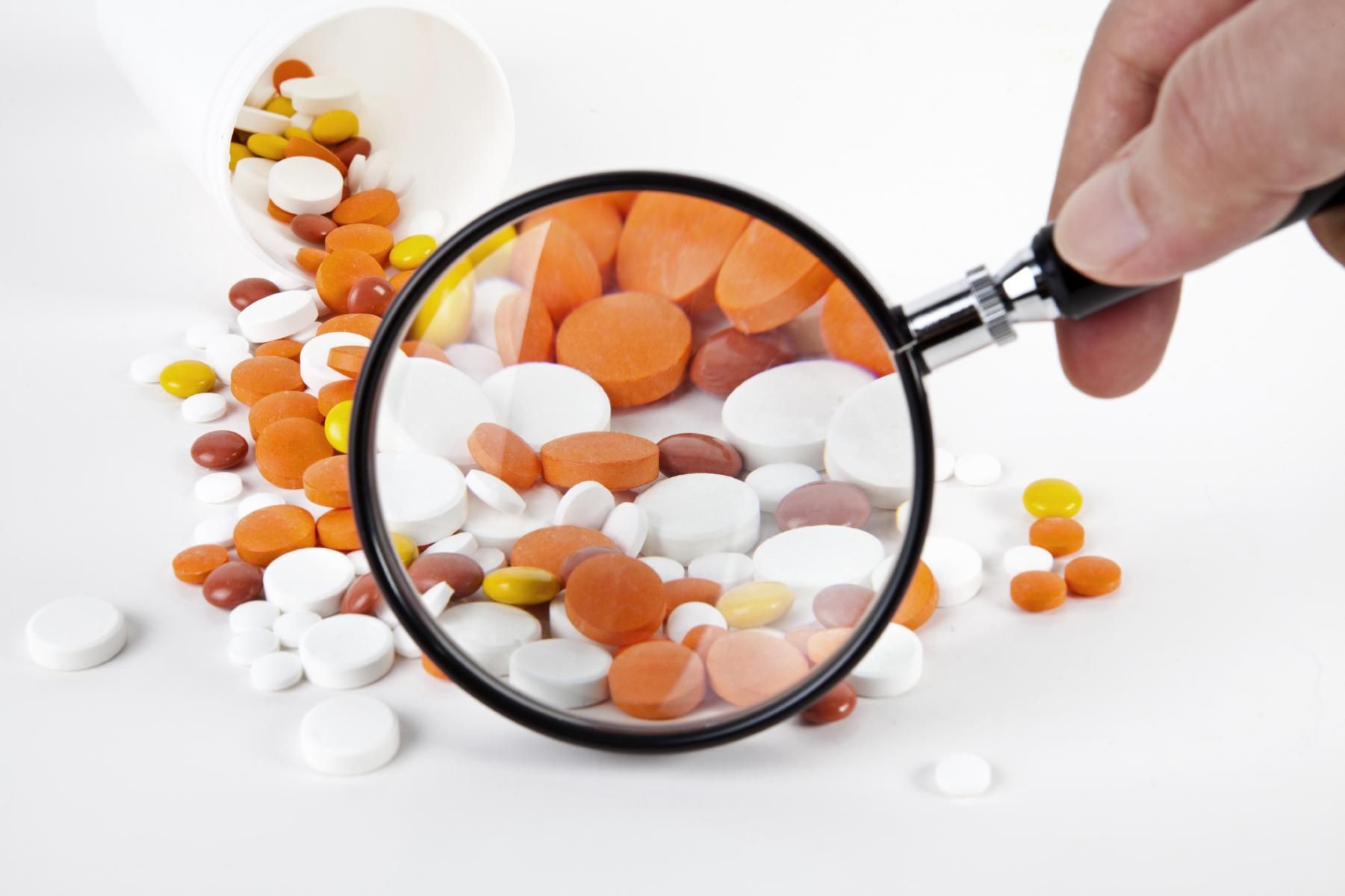JAMA Finds Spiked Supplements Still on the Market after FDA Recalls
Two-thirds of dietary supplement products recalled by FDA remained on the market with adulterated substances, according to JAMA.

Two-thirds of dietary supplement products recalled by FDA between 2009 and 2012 remained on the market with adulterated substances, according to a letter by a group of researchers published in the Journal of the American Medical Association (JAMA).
Of the 274 dietary supplements that FDA recalled between January 1, 2009, and December 31, 2012, the authors, together with Flora Research Laboratories, tested 27 supplements that remained on the market at least six months after being recalled. Two-thirds of the recalled supplements still being sold tested positive for one or more banned substances, including sibutramine, sibutramine analogs, sildenafil, fluoxetine, phenolphthalein, aromatase inhibitor, and various anabolic steroids. At least one new, "novel" adulterant not cited at the time of the FDA recall was detected. Benzyl sibutramine was detected yet had only been first described in 2013, the authors said.
By category, 85% of adulterated products were for sports nutrition, 67% for weight loss, and 20% for sexual enhancement; moreover, 65% of supplements produced by U.S. manufacturers were found adulterated. The authors added that the supplements were purchased directly from supplement manufacturer websites or retailers and not through general e-commerce sites such as Amazon.com and eBay.
“Action by the FDA has not been completely effective in eliminating all potentially dangerous adulterated supplements from the U.S. marketplace,” the authors concluded.
In press statements, both the Council for Responsible Nutrition (CRN; Washington, DC) and the Natural Products Association (NPA; Washington, DC) expressed their support for FDA-led recalls of adulterated supplements. They pointed out that these are not dietary supplements at all, but illegal drugs. CRN’s president and CEO, Steve Mister, went a step further, stating, “Any time adulterated health products get to consumers or remain on the market after the FDA has determined they are potentially unsafe illustrates a weakness in the enforcement of the nation’s food and drug laws.”
“We have zero tolerance for this problem and welcome not only recalls, but also criminal enforcement against companies that put consumers at risk,” Mister said.
Dan Fabricant, NPA’s CEO and executive director, pointed out that his association does spread the word about recalls amongst its membership and encourages companies to remove products from the shelf.
But, according to Mister, the JAMA authors may also “grossly misinterpret the extent of the problem.” He said that the 18 still-adulterated recalled products that remained on the market are in the minority compared to the number of FDA-recalled products removed from the market between 2009 and 2012. If only 27 products (some not found adulterated) remained on the market out of 274 products recalled between 2009 and 2012, FDA in effect was successfully able to remove 90% of recalled products from the market.
Mister said this indicates that FDA should be given more resources for enforcement to get remaining products off the market, without the need for more authority or rewriting of the law.
“The value of this study does not lie in its sensational captions or distorted figures, rather in its demonstration of the positive outcome that can occur when the law is properly enforced,” he said.
Jennifer Grebow
Editor-in-Chief
Nutritional Outlook magazine
jennifer.grebow@ubm.com
Photo © iStockphoto.com/1905HKN
Magnesium L-threonate, Magtein, earns novel food authorization in the European Union
December 19th 2024According to the announcement, the authorization is also exclusive to AIDP and its partner company and licensee, ThreoTech, meaning that they are the only parties that can market magnesium L-threonate in the EU for a period of five years.
Senate Committee has released the text of 2024 Farm Bill, with changes to hemp regulations
November 19th 2024The U.S. Senate Committee on Agriculture, Nutrition, & Forestry has introduced the Rural Prosperity and Food Security Act, which will serve as the Senate’s draft for the 2024 Farm Bill.